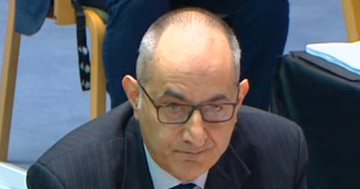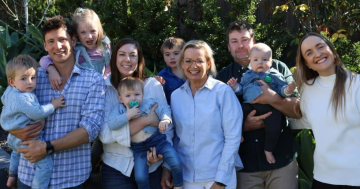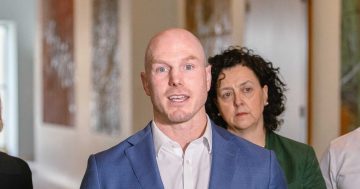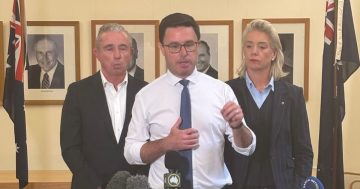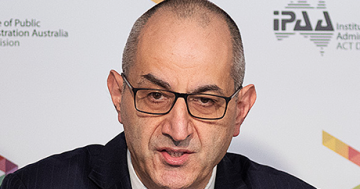Reviewed by Rama Gaind.
By David Kemp, The Miegunyah Press, $59.99.
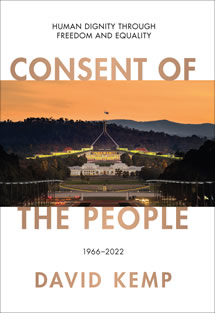 This is the final volume of five that tell the story of Australian liberalism from the arrival of the British in 1788 to the present day. It is a product (similar to the earlier volumes) of David Kemp’s academic and political experience.
This is the final volume of five that tell the story of Australian liberalism from the arrival of the British in 1788 to the present day. It is a product (similar to the earlier volumes) of David Kemp’s academic and political experience.
It explores how Australia’s founding Enlightenment ideals were shaped into a unique national liberalism, embodied in liberal democratic institutions, political parties and shared values. Despite intense partisan loyalties, conservative and radical resistance, and a politics of unequal power and influence, inequality was addressed and personal freedom strengthened.
This is a proficient account of the story of Australian liberalism after Menzies.
David Kemp’s career spans academia and politics. From 1990 to 2004 he was a member of the federal parliament, and from 1996 was a minister in the Howard government.
“The volumes of this history seek to fill a substantial gap in writing on Australian politics, in which the central contribution of liberal ideas and parties to that story has received too little attention.”
David Kemp assesses political parties as the instruments of reform, and the difficulties of achieving reform in the public interest, highlighting the dangers of factionalism and loss of purpose. He examines how an international revival of liberal thought and rising levels of education revolutionised Australian society and politics, creating a moral-and moralistic-ruling class. In a remarkable half-century Australians strove, with growing success, to achieve their dreams.
This last book examines the place of liberal ideas in governments from Harold Holt to Scott Morrison.
Kemp discovered that “in order to understand how policies changed, or failed to change, and to explain what happened, it was necessary to unlock the secrets of government, power and influence. He set out on this quest as a member, an activist in a political party, and later as a prime ministerial adviser and Cabinet minister. These and other experiences have influenced the framing of my enquiries, and each has, I trust, helped me towards valid conclusions.”




